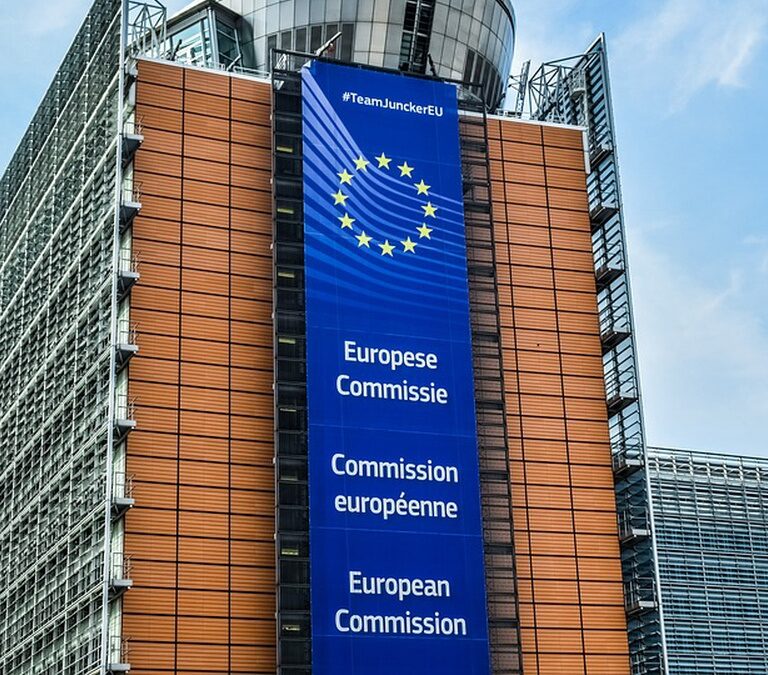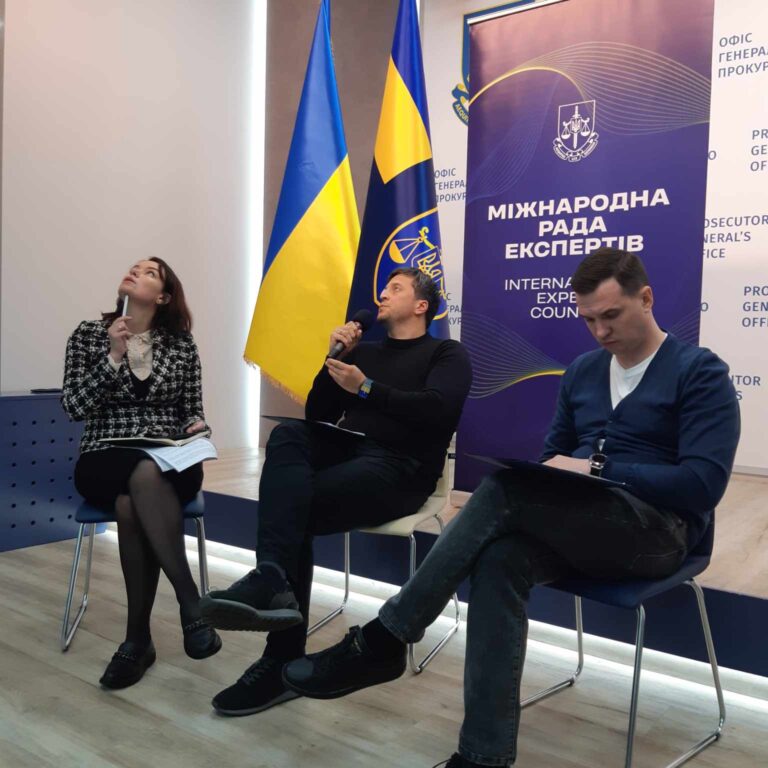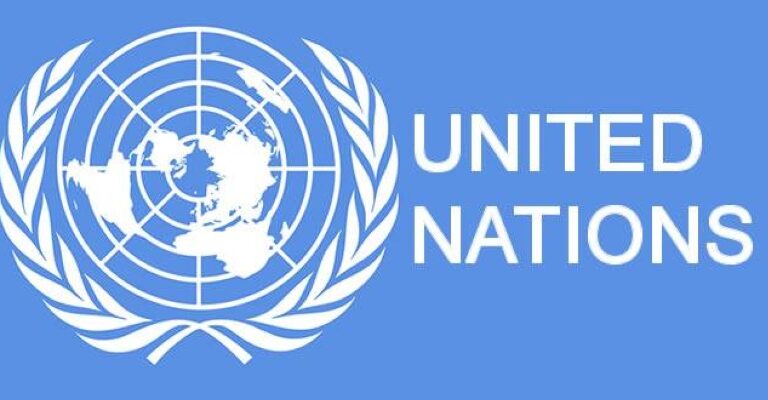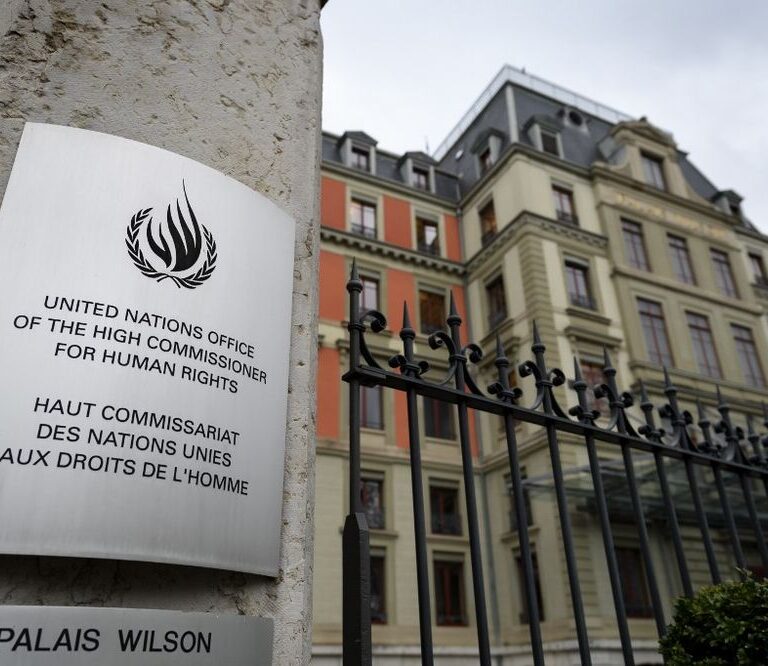On April 27, the expert of the Association, Professor Borys Babin, took part in the presentation in Kyiv to diplomats of the embassies of various countries and representatives of international organizations of the recommendations on the reintegration of the Crimea, which were developed during the strategic forum “Future of Crimea”, held on March 3-7, with the participation of more than 20 experienced experts.
The presentation according to the “Chatham House” rule was organized by the Crimean Tatar Resource Center (CTRC), which noted in the publication according to its results that the specialists involved “know the specifics of the population, economy, and political processes, have recognition among the Crimean population and worked on its development even before the occupation”.
CTRC indicates that the presentation identified 10 directions in the process of deoccupation and reintegration of the Crimea: public power, criminal, migration, civil, social and humanitarian, informational, environmental, international policy, justice policy and anti-corruption policy.
It was noted that the experts of the “Future of Crimea” forum developed recommendations taking into account the collective rights of indigenous peoples, international standards, laws and by-laws, management, administrative, judicial and law enforcement practices.
CTRC emphasized that the recommendations of the forum have already been sent to the President of Ukraine, the National Security and Defense Council of Ukraine and other state authorities of Ukraine responsible for this direction.
Expert Borys Babin, who highlighted the international and civil dimensions of Crimea’s reintegration at the presentation, noted in “Facebook” about event that “it is a very, very rare phenomenon when Crimean issues were discussed by specialists, and not by “public activists” and “professional Crimeans”, and at the same time – also in the essence of numerical problems, which, unfortunately, many have not looked into until now, and even without arguments ad canis Patronus”.
Let us add that the presentation of the recommendations caused a lively discussion and numerous questions and comments from representatives of the diplomatic corps, in the future the experts plan to present the recommendations to a number of state bodies, according to the invitations already received.







